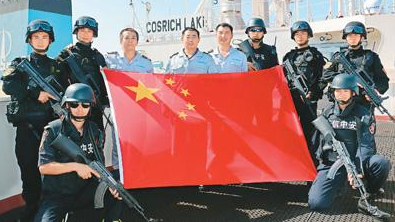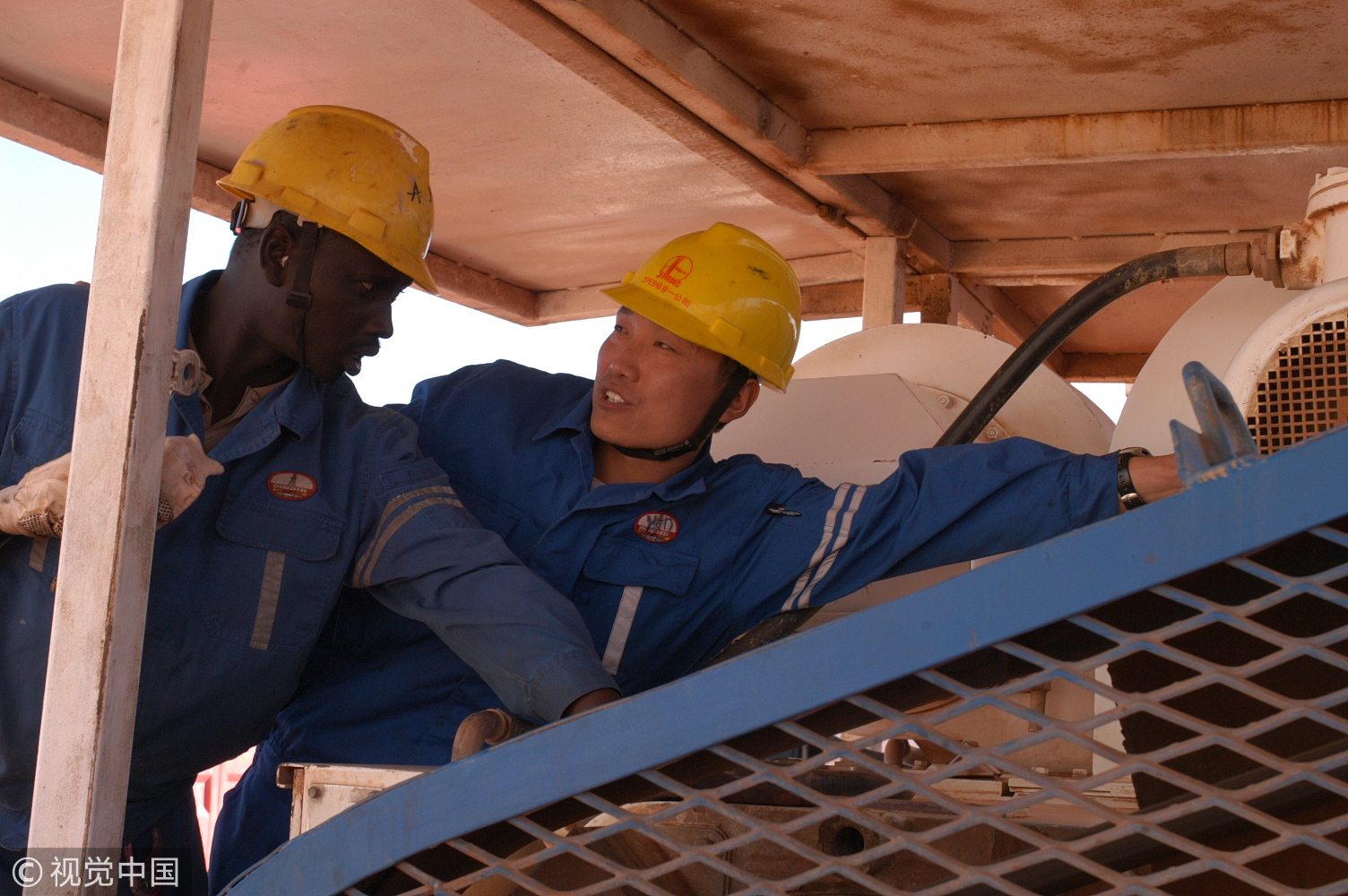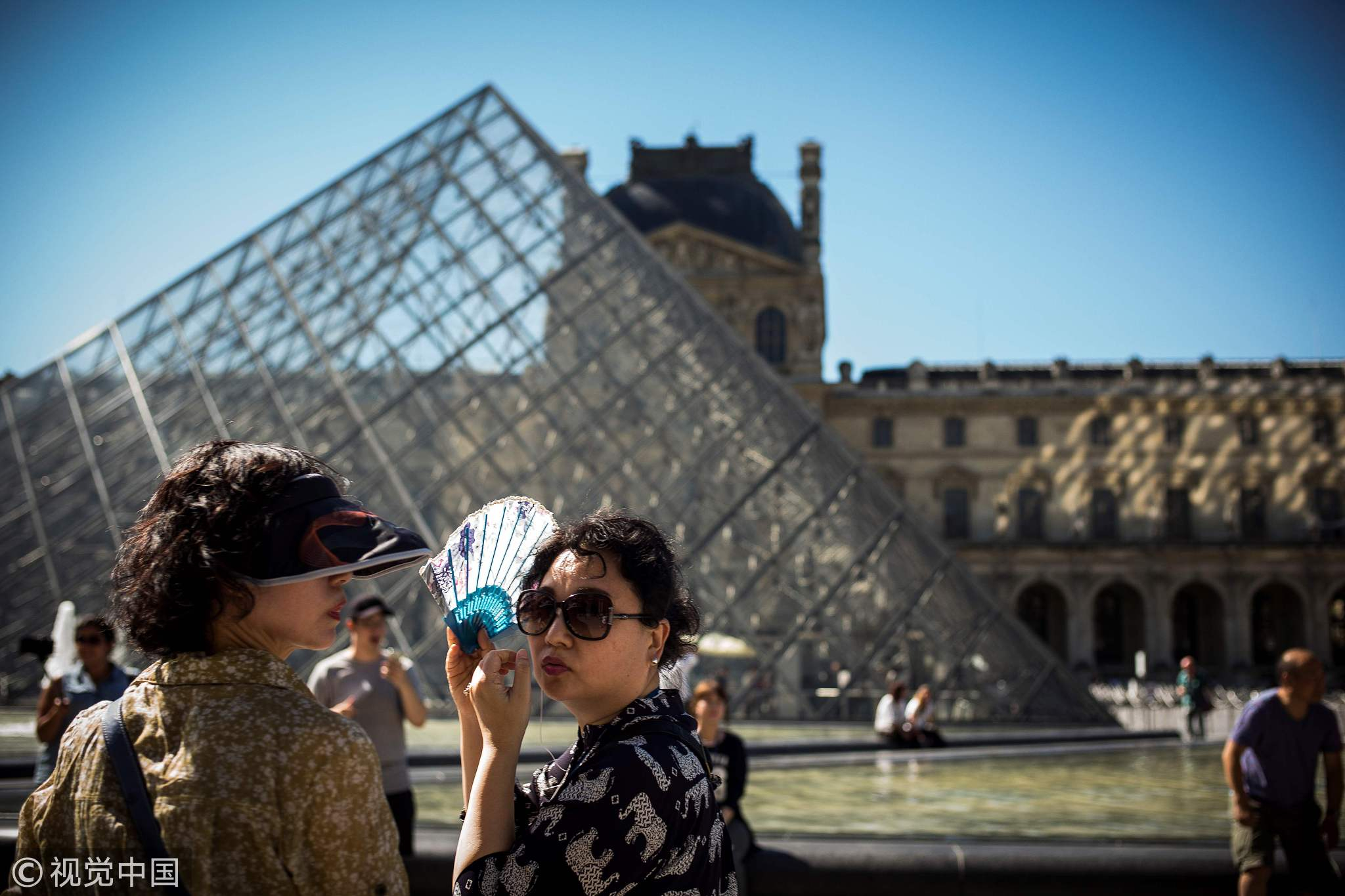
Opinions
17:44, 14-Sep-2018
Expert: It is necessary to change our concept of overseas security
Updated
17:00, 17-Sep-2018
CGTN

Editor's note: The article is written based on the interview with Lu Dong, the vice president of China Security and Protection Group. The article reflects the expert's opinion, and not necessarily the views of CGTN.
China's reform and opening up has transformed the country into the world's second-largest economy. According to Chinese authorities, over 30,000 Chinese enterprises have set up businesses overseas, and each year, more than 100 million Chinese people travel abroad. However, China's integration into the global economy has also exposed growing numbers of its citizens and their assets to potential risks.
Lu Dong, the vice president of China Security and Protection Group, points out that the changing concept of security due to global swings has elevated the need for quality support services for China's overseas interests. According to Lu, when it comes to today's overseas security, there should be an improved plan in order to fit in better with the changing international situation.

A Chinese worker is working with his local colleague in Sudan on Jan 18,2006./VCG Photo
A Chinese worker is working with his local colleague in Sudan on Jan 18,2006./VCG Photo
In Lu's opinion, China's ever-expanding overseas commercial interests and its citizens living abroad have led to a shift in the country's security concepts that give priority to mutual benefits through peaceful means.
As he notes, the conventional thinking is to build a wall; the higher and thicker the wall, the safer the people inside become. Professional security officers, however, are able to find potential dangers in advance.
"For me, the most effective way of securing is not to be involved in hot wars, but rather to let all stakeholders engage and benefit." Lu told CGTN. Unlike the overseas security provided by the West aimed at defeating all enemies, Lu argues that the best security is the effective prevention of the possibilities of danger.
He stresses that training is not about being a bodyguard, but to provide a sense of security. The ultimate goal of their security training is to raise their staff's safety awareness rather than making them into special force soldiers in just a few days.

Chinese tourists at the Louvre museum in Paris on Aug 25,2016./VCG Photo
Chinese tourists at the Louvre museum in Paris on Aug 25,2016./VCG Photo
Admittedly, he doesn't downplay the importance of military skills in security.
But, Lu holds firmly to the belief that communication plays a key role in security. An accomplished security officer has to engage with the local community, and it is only through communication that both sides are able to recognize their works.
In order to enhance communication, he believes that security officers must know the local social norms and laws. Lu suggests putting Chinese law and the law of hosting countries into security training, equipping officers with awareness of Chinese and local rules.
Last but not least, Lu stresses the importance and necessity of training those who are willing to travel or work abroad. According to him, Chinese overseas businesses have been growing fast, with rising numbers of Chinese on assignment. Security risks are on the rise, too. Awareness training for employees is meaningful. People need to know that the core of security is to keep themselves alive.
( If you want to contribute and have specific expertise, please contact us at opinions@cgtn.com )

SITEMAP
Copyright © 2018 CGTN. Beijing ICP prepared NO.16065310-3
Copyright © 2018 CGTN. Beijing ICP prepared NO.16065310-3